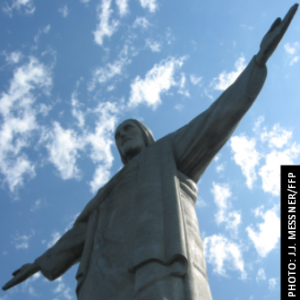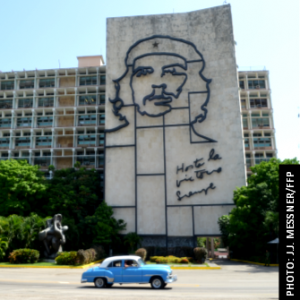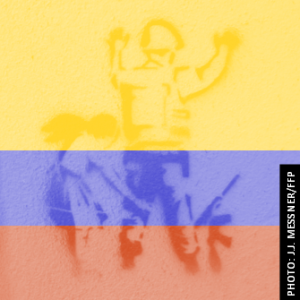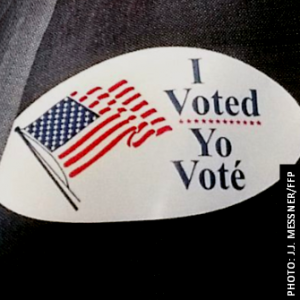BY GEORGE LEHNER
Brazil showed a significant decline in the 2017 FSI, becoming the fourth most worsened country since 2016, largely as a result of a devastating recession, continued fallout from widespread political corruption probes, and the impeachment of its President. Overall, Brazil worsened by 2.9 points on its total score compared to the prior year.
In nine of the twelve measures of fragility, Brazil’s performance worsened markedly, dropping most notably in the areas of Group Grievance, Demographic Pressures, and Public Services. The three-year trend line demonstrates similar levels of declines across eight of the twelve indicators, with notable changes in the Security Apparatus, the Economy, and Public Service indicators.




